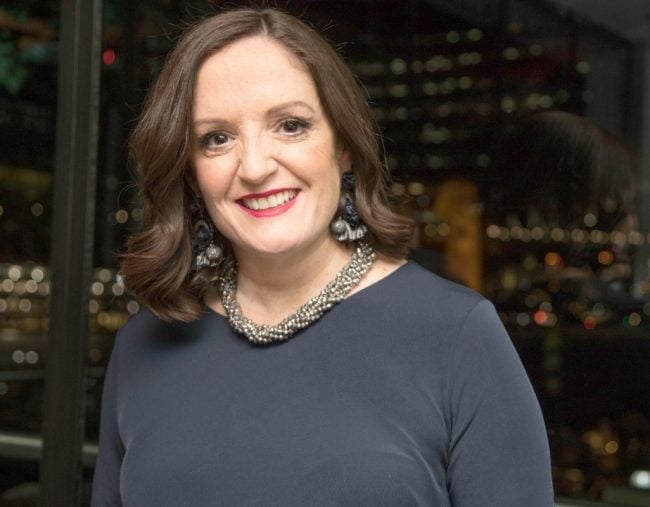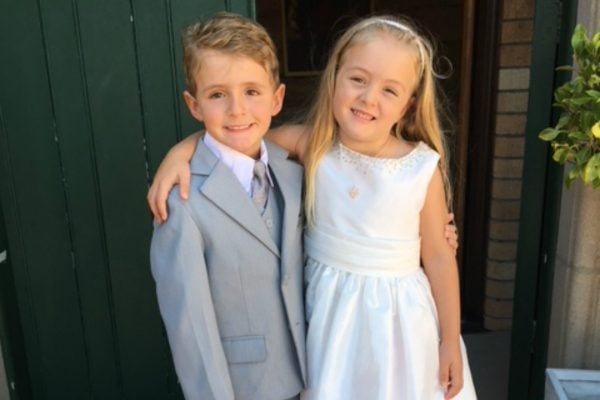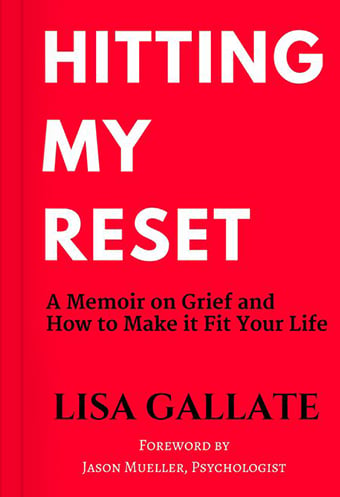
This article deals with an account of miscarriage that could be triggering for some readers.
It is a word that no prospective mother wants to say. It is also a world of grief and heartache, despair and anguish, self-doubting and self-loathing that no prospective mother wants to share. And yet the reality is that as many as one in four pregnancies before 20 weeks will result in miscarriage, and the statistics could be even higher (for those additional mums to be who may not have known they were pregnant).
Our modern western society seems willing and able to share every other social issue that is a part of our everyday, in print, on TV, and in social media. And yet, we have nothing to offer those who are bereaved by miscarriage. There are no rituals, no “loss of pregnancy” or “miscarriage” cards of condolence to sign, no special bouquets of flowers to send, and no “right words” to share. Because we often don’t talk about miscarriage, we also often don’t know how to respond when our loved ones miscarry. And more often than not, we won’t even know that our loved ones were pregnant. It remains a silent word, and a silent grief that seems impossible to share.
When my husband and I started trying for a family, we both felt that becoming pregnant would happen easily and naturally, and that it wouldn’t be long before we could share the news with our family and friends – that we were pregnant – but the optimism was to be short lived.
After several months, we found that getting pregnant was a lot harder than we had thought. Over many months, it became an agonising process, where all romance and hope was lost. I couldn’t think of anything else. Over time, I appreciated how desperate people could become in their quest to have a baby. I had joined their club.


